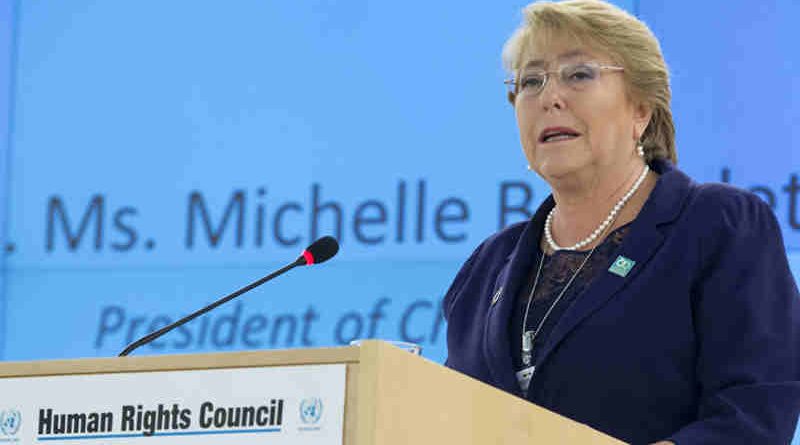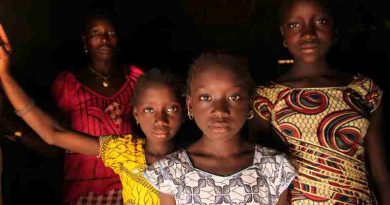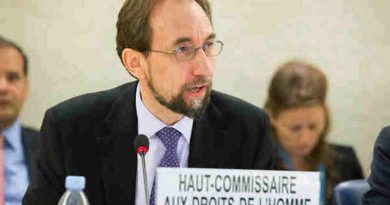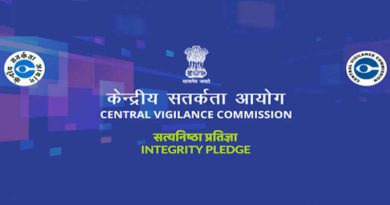UN Human Rights Office Blames India for Custodial Death
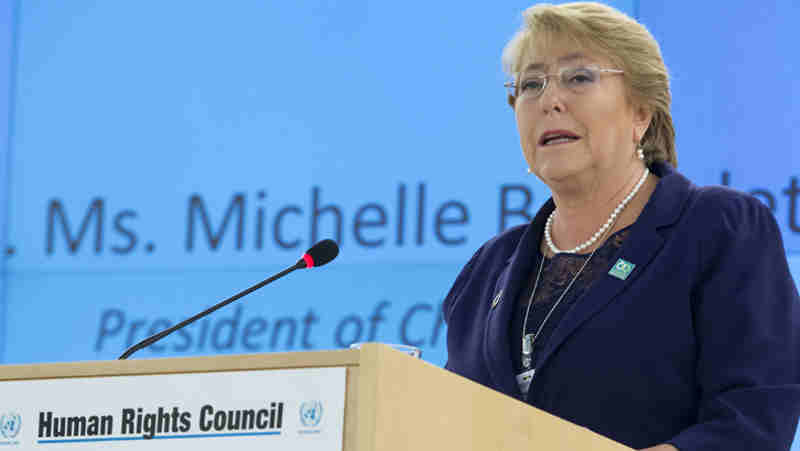
The UN Human Rights office said that Father Stan had been held in pre-trial detention without bail since his arrest.
By RMN News Service
The UN Human Rights office has issued a casual statement of dismay over the death of 84-year-old Father Stan Swamy, a human rights defender and Jesuit priest, in Mumbai (India) on July 5, following his arrest in October 2020 under India’s draconian Unlawful Activities (Prevention) Act (UAPA). His death in custody is being called a judicial murder.
The UN Human Rights office said that Father Stan had been held in pre-trial detention without bail since his arrest, charged with terrorism-related offences in relation to demonstrations that date back to 2018. He was a long-standing activist, particularly on the rights of indigenous peoples and other marginalized groups.
While in Mumbai’s Taloja Central Jail, his health deteriorated and he reportedly contracted Covid-19. His repeated applications for bail were rejected. He died as the Bombay High Court was considering an appeal against the rejection of his bail application.
The UN High Commissioner for Human Rights Michelle Bachelet and the UN’s independent experts say they have repeatedly raised the cases of Father Stan and 15 other human rights defenders associated with the same events with the Government of India over the past three years and urged their release from pre-trial detention.
The High Commissioner office says it has also raised concerns over the use of the UAPA in relation to human rights defenders, a law Father Stan was challenging before Indian courts days before he died.
Although the authoritarian Indian government ignores the advice of the UN office and other global leaders, the High Commissioner calls on the Government of India to ensure that no one is detained for exercising their fundamental rights to freedom of expression, of peaceful assembly and of association.
Meanwhile, opposition party leaders in India have written to President Ram Nath Kovind for his intervention in holding accountable those responsible for the detention, ‘inhuman treatment’ and death of human rights activist Father Stan Swamy. Since the leaders of opposition political parties do not enjoy any credibility, the President – who is virtually a mouthpiece of the government – will ignore their request.
In an article published on The Wire news service on July 5, Madan B. Lokur – who is a former judge of the Supreme Court of India – said that the entire episode leaves behind a feeling that Stan Swamy was virtually thrust a sentence of death without charges being framed against him and without a trial.
The trouble is that most Indian judges work as the slaves of the government when they are in service and arbitrarily use harsh laws to punish the peaceful dissenters. But the judges start preaching justice when they retire and do not get a lucrative job after retirement from the government.

